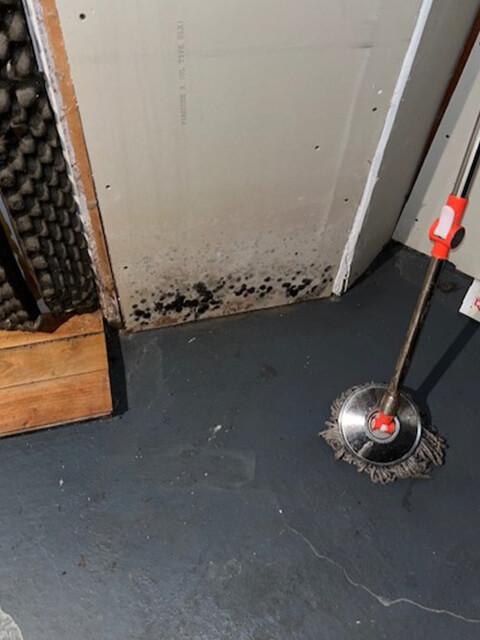When Should I Test For Mold?
This is a very common question that we hear. To answer that question you should understand how mold grows. Mold thrives in moist environments, so typically mold grows after a leak or water intrusion.
This can be a result of a:
The key to controlling mold is controlling moisture. Make sure to repair leaking pipes, roof leaks and condensation issues as soon as possible. Keeping humidity levels below 50% in your home or office will also reduce the possibility for mold to grow. If a water problem is not dealt with in a timely manner, chances for mold to grow greatly increase.

In short, you should have your home tested for mold if you are experiencing one or more of the following:
If you are debating whether to consider handling a mold issue on your own, there are a few thing to keep in mind.
- How much “suspect mold” can you see?
- 10 square feet of mold should be handled by a professional.
- Does the “mold” return after you have attempted to clean it?
- Mold issues are likely to return worse after each failed attempt to clean or remove it.
- Do not handle mold if you, or another member of the space, is sensitive to mold.
- Untrained handling of moldy material can create contaminated environments, ultimately forging more mold problems.
- Whatever you do, DO NOT USE BLEACH to clean “mold.”
- DO NOT USE BLEACH TO TREAT MOLD! The EPA no longer recommends the use of bleach to treat mold. Give us a call for more information.
Our office is always available to answer your questions and provide guidance. We take pride in presenting our clients with clear recommendations along with educating them to avoid any future mold issues.
